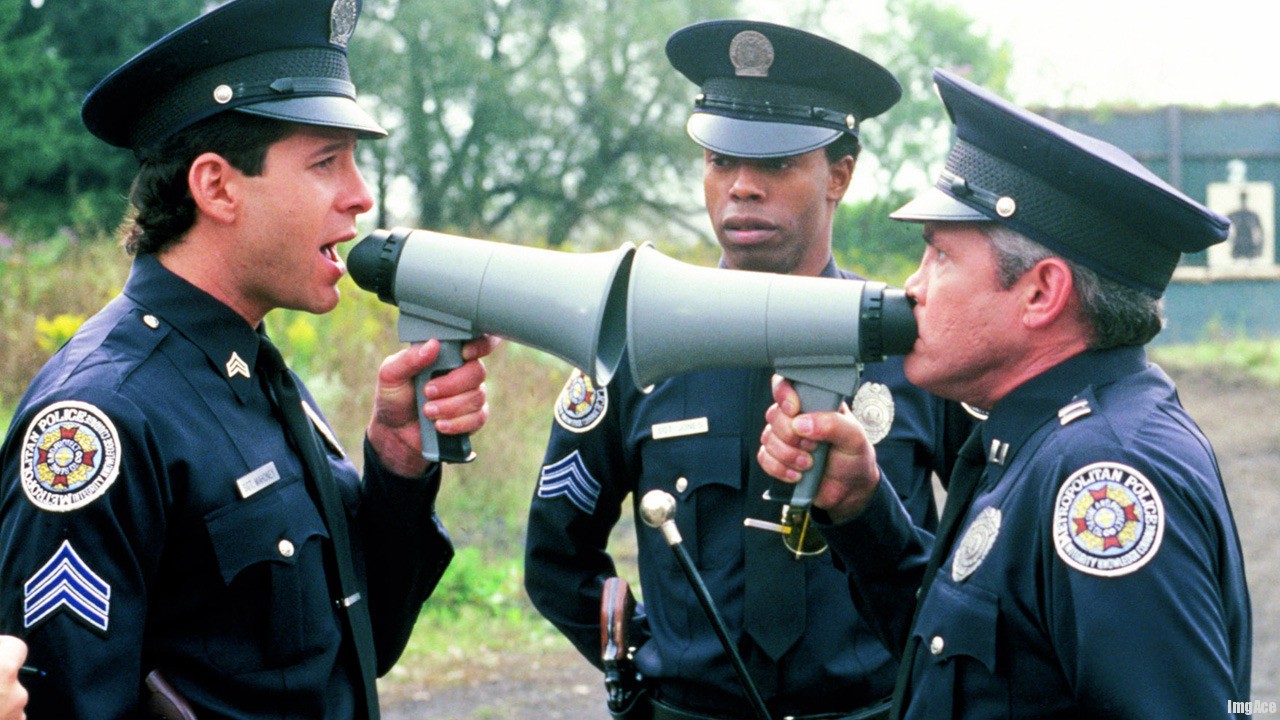Interaction is a superficial form of communication. We have known how to communicate for tens of thousands of generations, and we have been interacting with each other for even longer. For the most part, this hasn’t changed. We still just interact with people; we don’t communicate. A few of us had to learn how to communicate effectively, and many of them became politicians, diplomats, teachers, counselors, etc. But the vast majority of us are rarely expected to communicate much. What we have learned to do is interact. We interact with our co-workers, we interact with our family members, we interact with people randomly in public, but we don’t really have to do much communication. When we do, it’s usually boiled down to something as simple as we can make it. “What time is?” “Is that the 6 train?” “Pardon me.”
The internet, oddly enough, is forcing us to communicate. Everyone interacts with text, not people, so our interactions are all basically the same. For example, the wonderful thing about forums is that every line typed in a conversation is there for anyone to read. So people quickly learn that misrepresenting other people is a bad idea, especially when the proof that you’re misrepresenting them is just a few lines up.
The media is in the business of communication, not interaction. The only interaction they care about is the one in which you consume their product. And since journalism/marketing has historically been about communicating ideas to large audiences, they are well-positioned to take advantage of our tendency to interact instead of communicate. They inflame our passions and focus our beliefs, and then they dumb everything down to a yes/no viewpoint. Why? Because it makes for passionate interactions with poor communication, which leads to even more passionate interactions with even worse communication. And as long as the public is arguing about something, people are opening newspapers, buying magazines, turning on televisions, and logging onto websites.
Politics is a particularly heated topic because people usually interact during controversial debates or in an already inflamed environment. An argument that has turned into a yelling match is just an interaction. The only thing they are communicating to one another is their emotions. It isn’t until the reasonable part of the mind takes over that the yelling subsides and the conversation progresses.
And then there’s the Internet, that massive repository of human knowledge and suppository of human interaction. If humanity seems so infantile online, it’s because we are. When they first introduced the telephone, the telephone companies had to invent the greeting “Hello” to stop people from simply hanging up at the silence on the other end. When they first introduced the car, people were driving so recklessly that they make modern teenagers look like AARP members.
The Internet didn’t even exist a generation ago, and we’re still learning to use it. We’re still experiencing things that humanity has never dealt with before. How do you turn the Internet off when your government is trying to manipulate an election? How do you hide illegal weapon caches when there are images that anyone online can google? How do you convince millions of people they are being lied to when everything they see/hear/read tells them otherwise? These are just a few of the seemingly limitless problems that we face.
The irony of the information age is that we are learning more about everything than we are taking the time to understand. We need to hold onto our humanity during this unprecedented transitional period in our development. We have to remember that communication, even on the most basic levels, is more important now than ever.
